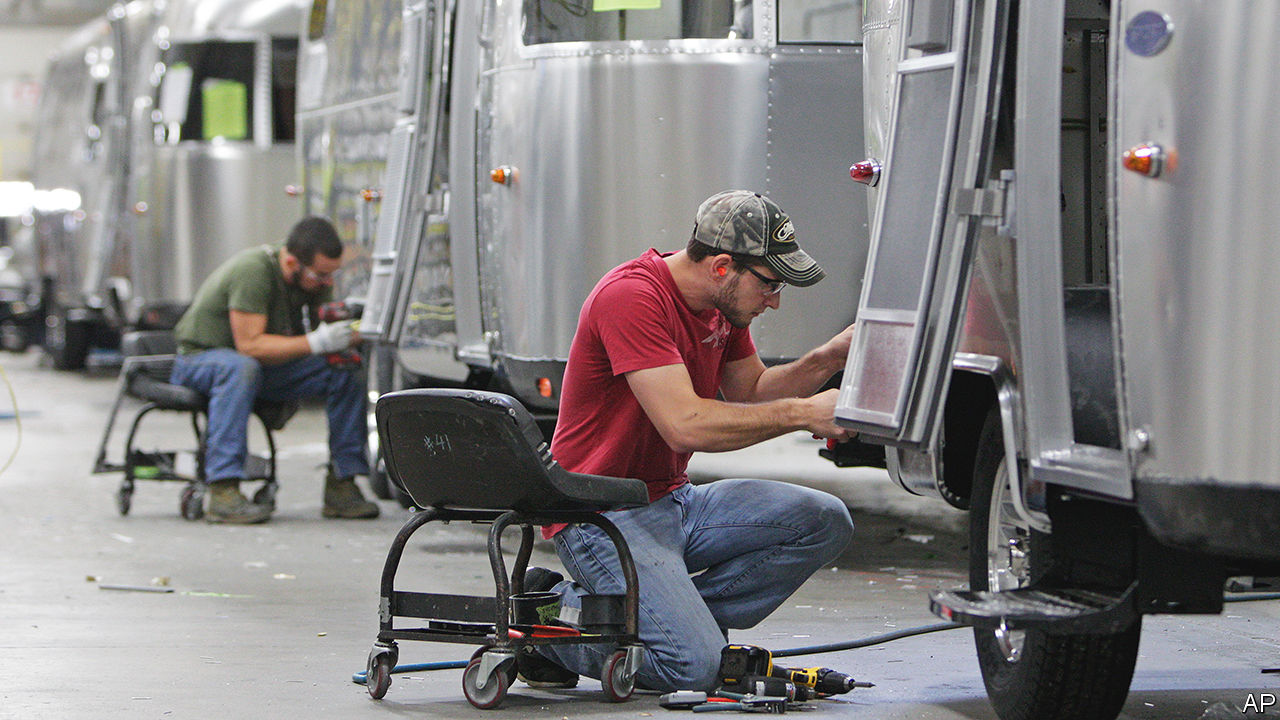Why American manufacturing is becoming less efficient::undefined
Some have even argued that because America’s software and internet sectors have been so lucrative, talent has been diverted away from older industries.
Please just say the quiet part loudly. Wages in manufacturing are disproportionately lower than other jobs with much less skill required. Tool and die machinists in socal have wages close to McDonald’s/Costco workers.
Sorry but how is grinding a punch form within .004mm, (dis) assembling stamping dies with incredible complexity for 10hrs a day without any procedural error premitted comparable with food assembly… One could put the lettuce before the pickles and no one would bat an eye. Put the wrong die in a station and production halts for hours costing hundreds of thousands of lost profits.
I believe the same can be said about construction as well.
Naturally, making physical goods rather than virtual ones mean less margins but of course the C-level executives must have their billion/multimillion salary bonus every year… Wonder what barrel they scrape all that extra money from…hmmmmmmmmmmmmmmmmmmmmmmmmmmm
Greedy manufacturing oligarchs outsourced jobs, paid their employees the least amount possible, and now they’re wondering why their businesses aren’t as competitive. Hmmm…
Anyway we can get a free version of the article? This interests me
That would not be efficient, would it.
But it might be profitable.
Was that it? Did we summarize the article…?
I don’t think so. I’m feeling so inefficient right now, even contemplating the losses. Our demise is imminent.
Gift link: https://econ.st/3QVFQbk
I don’t know why but those archive links never work for me. I just get an endless series of captchas.
I hit the same thing when I’m connecting to certain sites through CloudFlare via VPN
If you’re using cloudflare’s public DNS (1.1.1.1, etc) as your upstream they block most of the archive sites so they’ll never resolve.
Use an adblocker. I have no issues.
Spoilers!
industrial productivity growth has slowed across the rich world, even if not by as much as in America (see chart 2). The extra bit of American underperformance is trickier to explain. Economists throw out a boatload of hypotheses. America is known to have laxer antitrust enforcement than its peers; perhaps scrutiny was especially needed in the manufacturing sector. Maybe American manufacturing was more advanced when robots arrived on the scene, so had less to gain. Some have even argued that because America’s software and internet sectors have been so lucrative, talent has been diverted away from older industries.
I’d wager it’s a combo of all of those things, plus we’ve just lost the innovations that come with running that of wider sector since so many things are done in other countries now. Manufacturing jobs in the US are also considered blue collar, and blue collar is not looked at as an enviable job.
we’ve just lost the innovations that come with running that of wider sector
I’d argue that is not the case at all since manufacturing innovation is a commodity sold to the global market. See manufacturing trade shows. The tech is available, the skilled labor doesn’t exist in plentiful numbers to exploit such tech readily.
It’s cheaper elsewhere. People can throw down all the hypotheses they want, but there is always a single reason: money 








